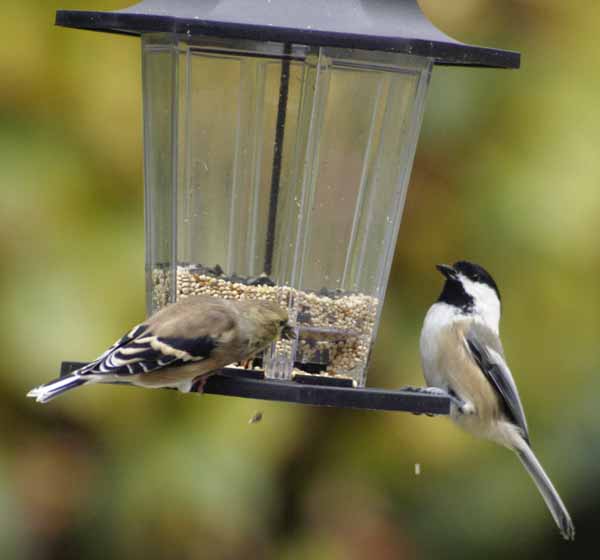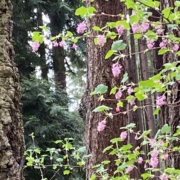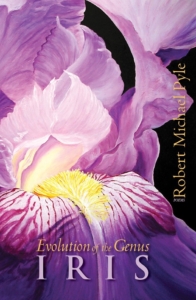Pablo Neruda (1904-1973)
“Keeping Quiet” by Pablo Neruda
Now we will count to twelve
and we will all keep still.For once on the face of the earth,
let’s not speak in any language;
let’s stop for one second,
and not move our arms so much.It would be an exotic moment
without rush, without engines;
we would all be together
in a sudden strangeness.Fisherman in the cold sea
would not harm whales
and the man gathering salt
would look at his hurt hands.Those who prepare green wars,
wars with gas, wars with fire,
victories with no survivors,
would put on clean clothes
and walk about with their brothers
in the shade, doing nothing.What I want should not be confused
with total inactivity.
Life is what it is about;
I want no truck with death.If we were not so single-minded
about keeping our lives moving,
and for once could do nothing,
perhaps a huge silence
might interrupt this sadness
of never understanding ourselves
and of threatening ourselves with death.
Perhaps the earth can teach us
as when everything seems dead
and later proves to be alive.Now I’ll count up to twelve
and you keep quiet and I will go.—from Extravagaria (translated by Alastair Reid, pp. 27-29, 1974)
What I would really like to do is have you listen to my friend Madelon read this poem aloud.


 I have been telling myself, each week, that next week will be less busy; next week I will get more writing done. But each week quickly fills up with things to do: bad report cards, doctor’s appointments, eye appointments, visits to the veterinarian. Sometimes, good things: a call from an old friend, a poetry reading, a lovely lunch with my mother and sister, a choir concert. Even so, each morning I get up and try to put in some time on my novel rewrite. I pack it up and carry it with me. When I look back on these months, working on the novel will be one part of it. I have felt harassed, too busy, not joyful enough, but I already know that I will remember it differently, as a process I let myself be part of. My children’s lives; my mother’s life; my life. All good.
I have been telling myself, each week, that next week will be less busy; next week I will get more writing done. But each week quickly fills up with things to do: bad report cards, doctor’s appointments, eye appointments, visits to the veterinarian. Sometimes, good things: a call from an old friend, a poetry reading, a lovely lunch with my mother and sister, a choir concert. Even so, each morning I get up and try to put in some time on my novel rewrite. I pack it up and carry it with me. When I look back on these months, working on the novel will be one part of it. I have felt harassed, too busy, not joyful enough, but I already know that I will remember it differently, as a process I let myself be part of. My children’s lives; my mother’s life; my life. All good.
 A second northwest impulse inspired by the bookshop — while browsing their poetry shelves, I found
A second northwest impulse inspired by the bookshop — while browsing their poetry shelves, I found